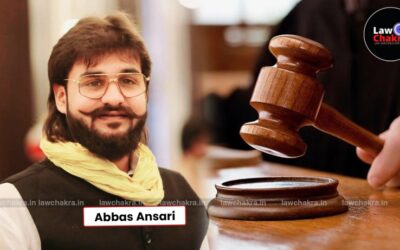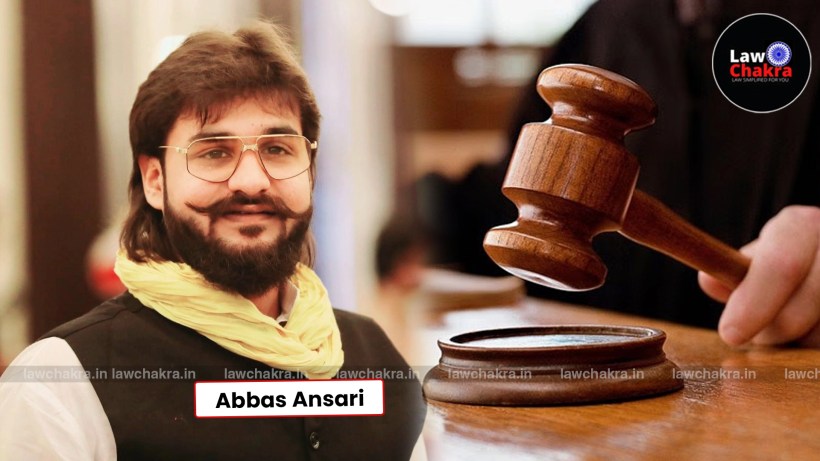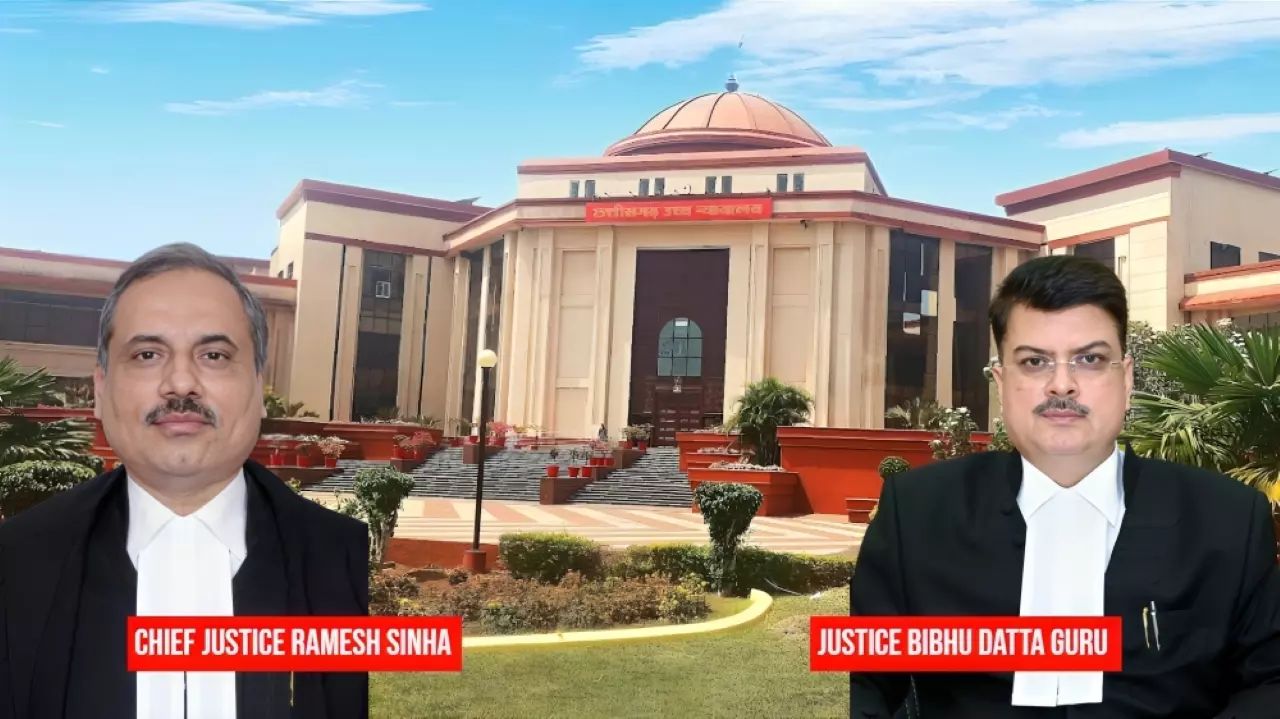Is India Under An Undeclared Emergency?

Thank you for reading this post, don’t forget to subscribe!
Prashant Bhushan criticizes BJP for ignoring rising attacks on democracy while remembering the 1975 Emergency. He warns that today’s “undeclared Emergency” has lasted over a decade with suppressed rights and weakened institutions.
“Today, as BJP remembers the Emergency of 1975, it closes its eyes to the undeclared Emergency of today.”
This powerful statement captures the essence of the growing criticism against the current political climate in India.
While the Bharatiya Janata Party (BJP) recalls the events of the 1975 Emergency—a time when democratic rights were officially suspended—critics argue that India is currently going through another kind of Emergency, one that is “undeclared” but deeply damaging.
ALSO READ: 1975 Emergency in India| “Horrible Mistake & Darkest Period for Liberty”: Legal Experts
The Emergency imposed by then Prime Minister Indira Gandhi in 1975 lasted for 19 months and is often remembered as one of the darkest chapters in Indian democracy.
During that time, civil liberties were curbed, the press was censored, opposition leaders were jailed, and the Constitution was amended to concentrate power in the hands of the ruling government.
While the BJP has consistently criticized the Congress party for this decision, opposition voices are now accusing the BJP-led government of creating a similar environment—without officially declaring an Emergency.
“Fundamental rights of equality, speech, protest & Life & Liberty are being violated with impunity.”
These are core rights guaranteed under the Constitution of India, including under Article 14 (Right to Equality), Article 19 (Right to Freedom of Speech and Expression, Right to Assemble Peacefully), and Article 21 (Right to Life and Personal Liberty).
Legal experts and activists argue that these rights are being increasingly restricted through legislative actions, executive overreach, and the use of state machinery.
The misuse of government agencies has become a major point of concern.
“Agencies like ED, CBI, IT, IB & NIA have been weaponised against the Opposition.”
Multiple opposition leaders have faced investigations, raids, and arrests from these agencies in recent years.
Critics claim that these institutions, which were meant to uphold justice and investigate crime impartially, are now allegedly being used to intimidate and silence political opponents.
Another major institution that has drawn criticism is the judiciary. Once considered the last guardian of the Constitution, it is now being questioned for its independence.
“The Judiciary has lost much of its independence.”
Many believe that the courts are not acting with the urgency and neutrality expected from them, especially when it comes to matters involving the government or its critics.
There have been delays in hearing crucial petitions, and the selective listing of politically sensitive cases has added to concerns over judicial fairness.
The role of the media—often referred to as the fourth pillar of democracy—is also under severe scrutiny.
“The Media has been made to crawl.”
The phrase alludes to the famous remark made during the 1975 Emergency, when a Congress leader said the press was asked to bend, but it crawled.
Critics now suggest that many mainstream media houses are unwilling to question the government and are instead echoing its narratives. Journalists have faced arrests, cases, and intimidation for reporting against the establishment.
Other constitutional and statutory institutions, meant to hold the government accountable, are also accused of being compromised.
“The EC, CAG, Lokpal & NHRC have become tools of the Govt.”
The Election Commission (EC), Comptroller and Auditor General (CAG), Lokpal, and National Human Rights Commission (NHRC) are all expected to act independently to ensure checks and balances in governance.
However, many believe their autonomy has been eroded, making them appear more aligned with the ruling regime.
Universities and academic institutions have not been spared either.
“The autonomy of Universities have also been destroyed.”
There are rising complaints about political interference in appointments, curriculum design, student activism, and campus administration.
The suppression of student protests and targeting of scholars has raised alarm bells about the freedom of thought and expression in India’s educational institutions.
Finally, the comparison between the Emergency of the past and the present is summed up with the statement:
“The Emergency of 1975 lasted 19 months. The current Emergency has gone on for a decade.”
This remark emphasizes the long-standing nature of the alleged suppression under the current regime. Unlike the 1975 Emergency which had a defined time frame and legal declaration, this new version, critics say, is prolonged, silent, and more dangerous because it operates under the façade of democracy.
In legal and political terms, this growing narrative presents serious questions about the health of Indian democracy.
While the Constitution of India provides for the rule of law, separation of powers, and fundamental rights, these principles must be actively protected and enforced.
Allegations of institutional weakening, suppression of dissent, and misuse of investigative agencies call for introspection from all branches of government and a reaffirmation of constitutional values.
Read on X:
Click Here to Read More Reports on Emergency






